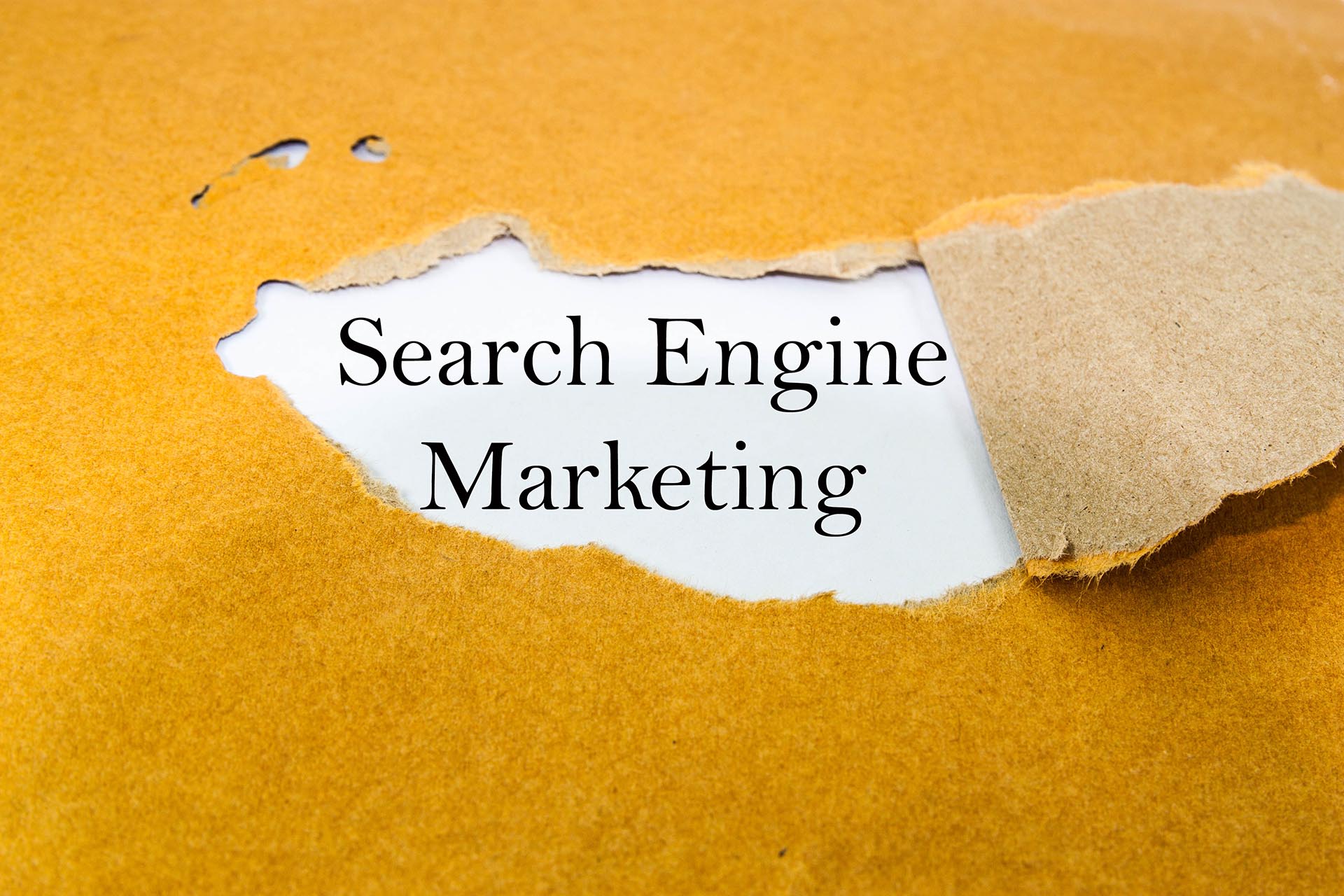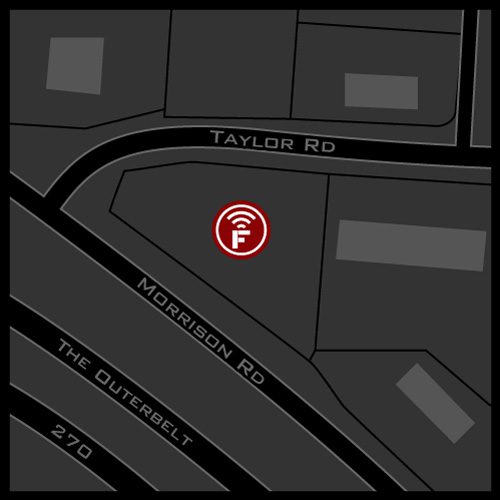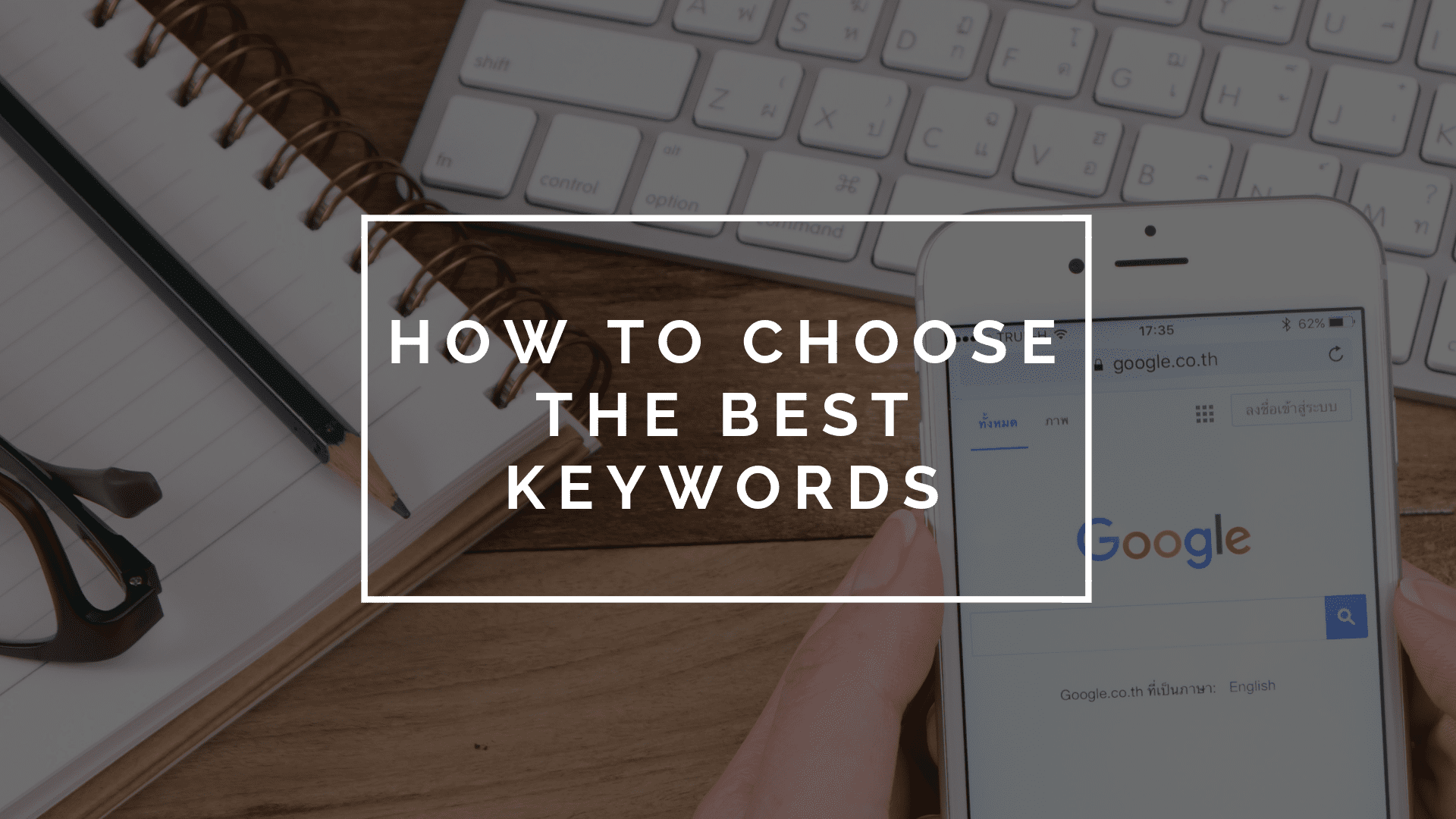
When it comes to optimizing content, SEO companies do extensive research to find the best ways to make sure that their content gets clients onto the front page of Google. However, some SEO companies also tend to find a batch of keywords that may work one month and stick to it without realizing that people may be changing the way that they search for goods and services on the internet. To stay on top of the SEO game, companies have to constantly make changes to their SEO strategy to keep their clients relevant.
Luckily, top SEO companies like Fusion 360 have the expertise in SEO to ensure that clients don’t lose their spot on the first page of Google. Here are some of the best ways to choose the right keywords for SEO optimization.
Do Some Research
Depending on your client, you’ll have to do research based on what each client’s consumer base is searching when trying to find a specific product or service. At first, just come up with root ideas about what kinds of keywords or phrases a client’s consumer base may be using. You don’t need to go super in depth at this point, just come up with broad categories of both head and long-tail keywords you think may be the most searched.
After you’ve come up with your list of broad keywords and phrases, you should use a topic and keywords generator tool such as SEMRush to determine how effective these keywords are. Platforms like this will give you in depth statistics on how well each keyword is performing and how many searches they get per month.
Narrow Your List Down
Once you’ve used a keyword generator tool to determine how well your choices do as far as searches, you’re going to want to narrow down your list. To do this, eliminate the weakest keywords and only focus on keeping the keywords that are going to give you the best results. There are four ways to determine what a string keyword looks like:
Relevance: You need to determine if the keywords you’re using is relevant to the client’s brand. Even if the keyword has high traffic, you want to make sure that it is bringing your client the right audience base.
Competition: When a keyword has a high ranking, it’s bound to have a high level of competition as well. The higher the competition on a keyword, the harder it’s going to be to rank for that specific keyword. In order to make sure your keyword ranks as effectively as possible, you need to find a balance.
Volume: The search volume of a keyword refers to the amount of times a specific keyword has been searched for. Volume gives SEO companies a pretty good idea of how much traffic they can expect from that keyword, although it’s worth mentioning that volume fluctuates over time.
Current Rankings: Building early momentum is a great way to get ahead of the competition when it comes to keywords. If you rank for any of these terms, take advantage.
When it comes to picking the best keywords, SEO companies have to do the proper research to make sure they’re using keywords that will yield major results. If you need help with your current SEO strategy, contact us here at Fusion 360. We love what we do, and we can assure you that we’re one of the best advertising agencies in the industry.
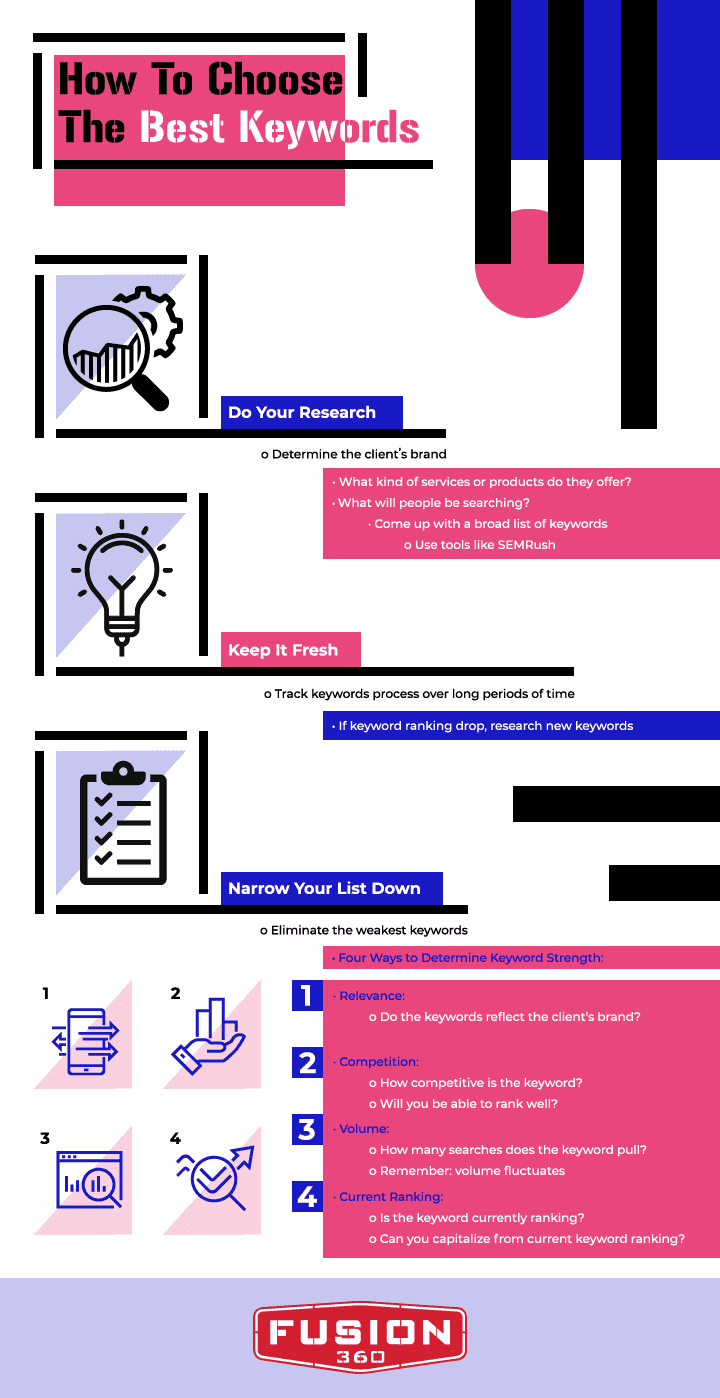
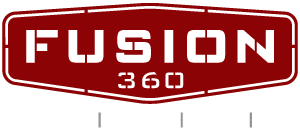
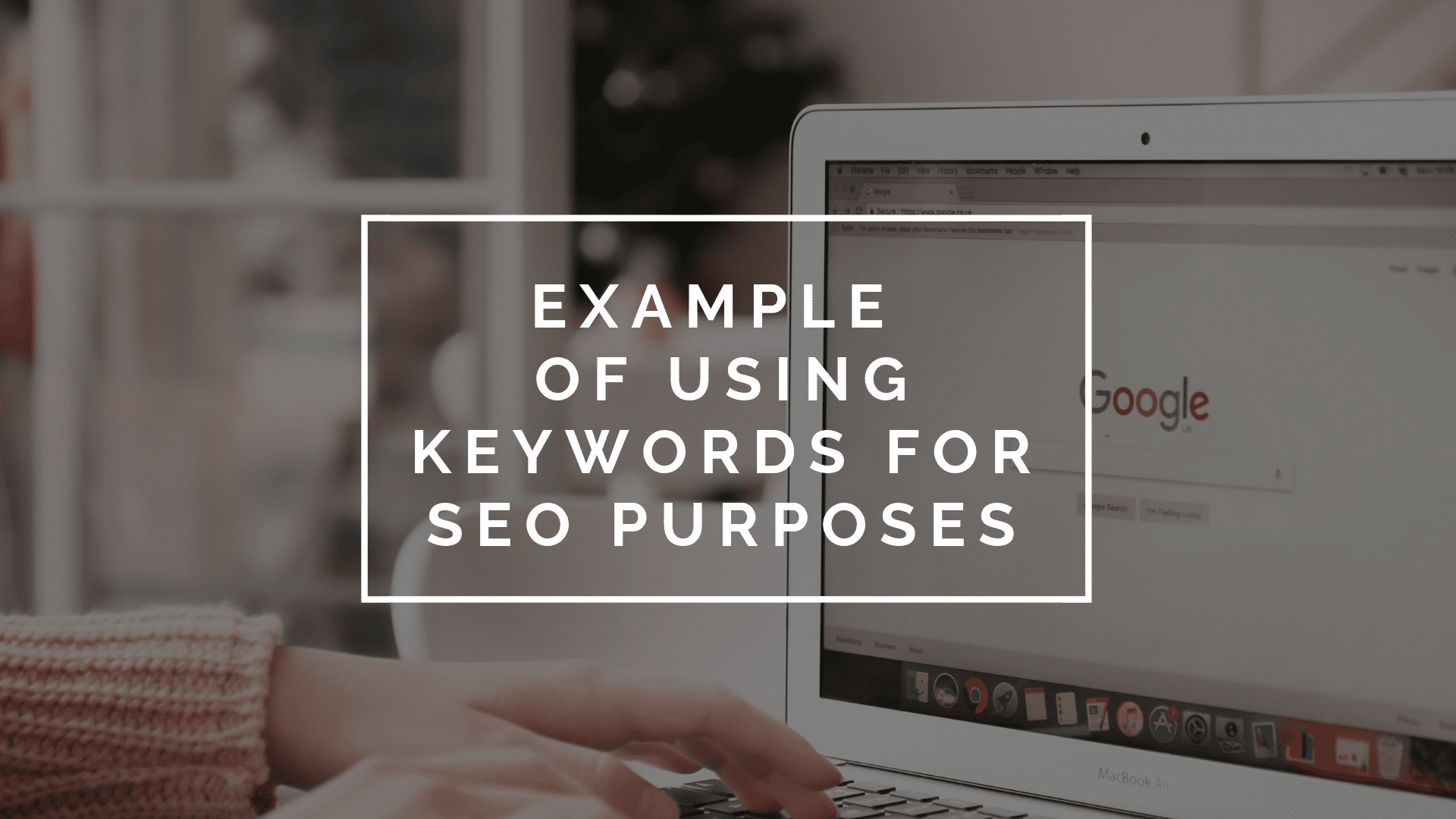

 There are TONS of Different Forms
There are TONS of Different Forms  How to Develop a Brilliant SEO Strategy
How to Develop a Brilliant SEO Strategy
